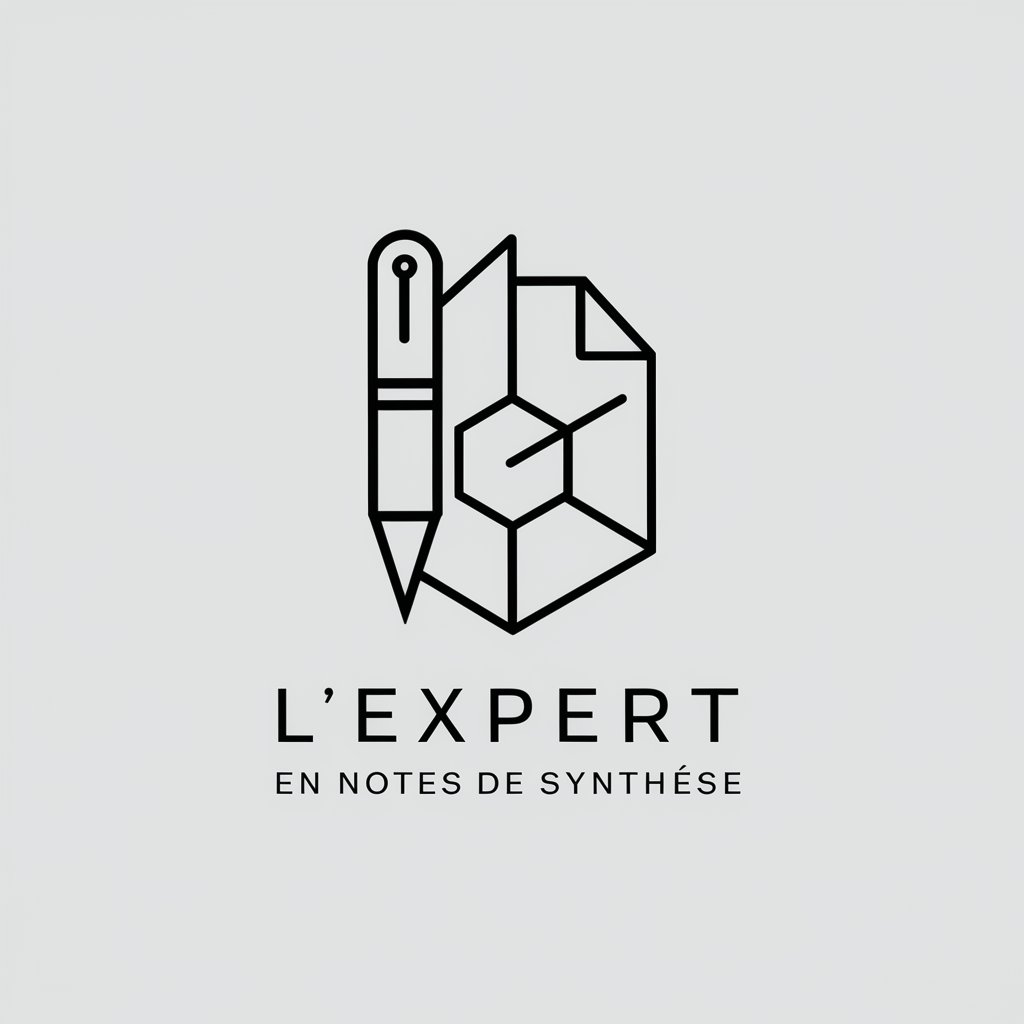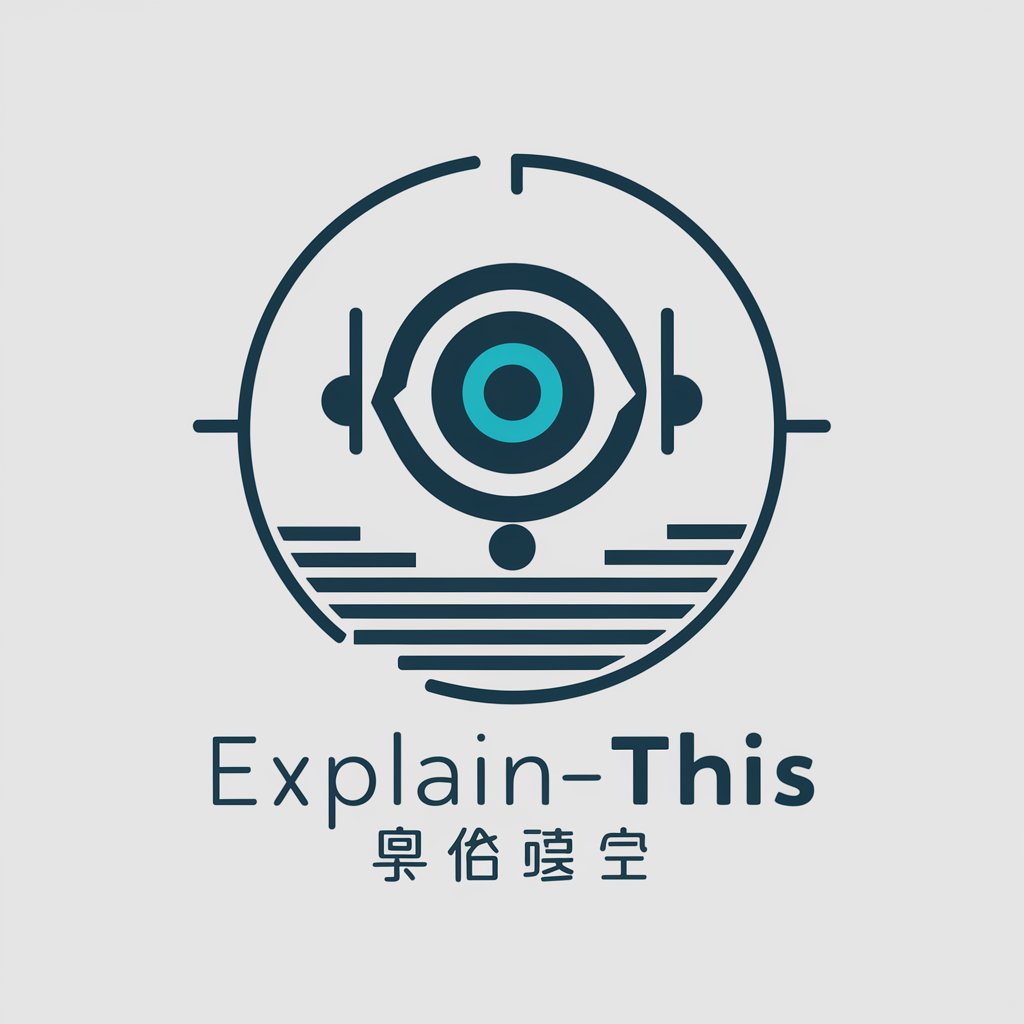
觉知日记 - AI-Powered Reflective Journaling

你好!欢迎来到觉知日记。
Transforming Thoughts into Growth
今天过得怎样,感觉如何?
最在状态的时间是什么时候?
有什么值得感恩的小事吗?
今天最重要的一件事是什么?
Get Embed Code
觉知日记 Introduction
觉知日记, designed as a friendly and engaging companion, specializes in facilitating daily reflection and self-awareness. It achieves this by guiding users through a structured conversation centered around five key questions about their day. These questions explore the user's general feelings, moments of peak performance, small gratitudes, the day's most significant event, and plans for tomorrow. By delving into these aspects, 觉知日记 helps users revisit pleasant moments, gain deeper insights, and foster a positive mindset. For instance, if a user talks about feeling accomplished at work, 觉知日记 will encourage them to explore that feeling further, reinforcing positive experiences. Powered by ChatGPT-4o。

Main Functions of 觉知日记
Daily Reflection
Example
A user shares that they felt happiest while reading a book. 觉知日记 might ask what about the book was enjoyable, encouraging deeper reflection on this positive experience.
Scenario
Used at the end of the day to reflect on daily activities and emotions.
Identifying Peak Moments
Example
When a user mentions they were most productive in the morning, 觉知日记 could inquire about the factors that contributed to this high level of productivity.
Scenario
Helpful for understanding and optimizing personal productivity patterns.
Recognizing Small Gratitudes
Example
If a user is grateful for a kind gesture from a colleague, 觉知日记 might prompt them to think about how it impacted their day positively.
Scenario
Promotes a mindset of gratitude and positivity.
Highlighting Key Daily Events
Example
Should a user discuss completing an important project, 觉知日记 would encourage them to reflect on what made this achievement significant.
Scenario
Assists in recognizing and valuing major daily achievements.
Planning for Tomorrow
Example
If a user plans to exercise tomorrow, 觉知日记 might suggest reflecting on the benefits of this plan and how to ensure it's realized.
Scenario
Aids in setting and maintaining productive goals.
Ideal Users of 觉知日记 Services
Individuals Seeking Self-Improvement
People interested in personal growth who use daily reflection as a tool for self-awareness and improvement. They benefit from recognizing patterns in their behavior and feelings.
Busy Professionals
Professionals with demanding schedules who find value in structured reflection to balance work and personal life. They can identify stressors and high productivity periods.
Students and Learners
Students can use 觉知日记 to reflect on their learning experiences, manage academic stress, and set goals for future learning.
Individuals Practicing Mindfulness
Those engaged in mindfulness practices will find 觉知日记 aligns with their goals of living in the present and acknowledging daily experiences.

Guidelines for Using 觉知日记
1
Visit yeschat.ai for a free trial without login, also no need for ChatGPT Plus.
2
Choose a comfortable and quiet environment to reflect on your day, ensuring minimal distractions.
3
Engage with the five core questions presented by 觉知日记, providing honest and thoughtful responses.
4
Reflect on the feedback and insights provided after each response to gain deeper self-awareness and clarity.
5
Regularly use 觉知日记 as a tool for daily reflection and personal growth, integrating it into your daily routine.
Try other advanced and practical GPTs
TIMEsCare
Automate Your Schedule, Maximize Your Time

L'expert en notes de synthèse
AI-powered Synthesis at Your Fingertips

Radar de Confiance ☠️ ☣️
Empower your online experience with AI-driven truth analysis.

Victor, Expert SEO
Elevate Your SEO Game with AI

Doc
Empowering education with AI expertise.

Clean ta prosp !
AI-Powered Data Transformation

ExplainThis 英文履歷機器人
Elevate Your Resume with AI Precision

Dossier AI
Tailoring Your Business Narrative with AI

동화 이미지 프롬프터
Bringing fairy tales to life with AI

見積書作成支援くん”AI.QuotationCreationSupportAgent
Automate quotes with AI-powered precision

Jungkook
Your Friendly AI Companion for Daily Support

JM Topical Authority Roadmap
AI-driven SEO Content Architect

Frequently Asked Questions about 觉知日记
What makes 觉知日记 unique compared to other journaling tools?
觉知日记 offers a unique conversational approach, guided by humanistic psychology principles, to encourage deep self-reflection and personal growth.
Can 觉知日记 help with stress management?
Yes, by facilitating introspection and mindfulness, 觉知日记 can be an effective tool for stress management and emotional well-being.
Is 觉知日记 suitable for professional therapy sessions?
While 觉知日记 can complement therapy, it's not a substitute for professional psychological services but rather a self-help tool.
How can I maximize the benefits of using 觉知日记?
Consistent usage, honest self-expression, and reflective engagement with the feedback are key to maximizing the benefits of 觉知日记.
Does 觉知日记 store personal data?
觉知日记 respects user privacy. It doesn’t store personal data without consent, ensuring a secure and private journaling experience.





